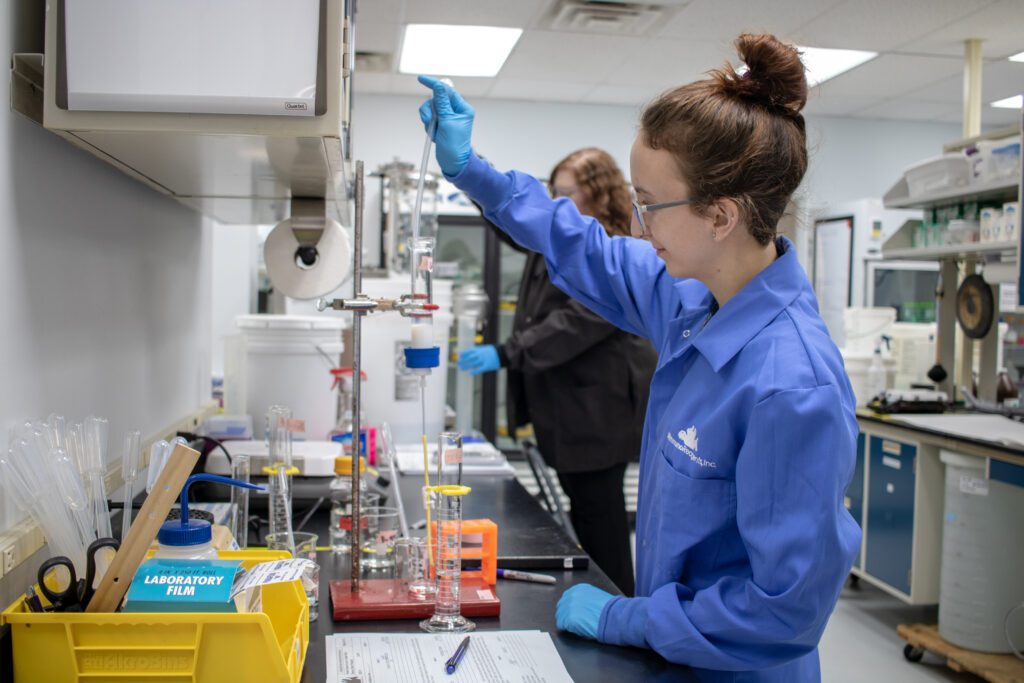The life sciences industry in the United States employs more professionals than ever before and demand continues to grow. However, low unemployment in the life sciences sector means finding talent can be difficult, says a new report from CBRE.
The commercial real estate and investment firm’s report finds the number of people engaged in life sciences research “grew 79% between 2001-2021 compared with 8% growth for all U.S. occupations.”
In addition, there were a record 163,000+ U.S. graduates in biological and biomedical sciences in 2020, double the number just 15 years ago.
“The U.S. educational system continues to produce a record number of students with the skills to meet the demands of this sector and to fuel its ongoing growth, sustaining the U.S.’s position as a global leader in the life sciences industry,” finds CBRE.
Where life sciences companies can find talent
CBRE notes “life, physical and social science occupations” have the second-lowest unemployment rate (0.6%) of all U.S. occupations in April 2022. Despite the growth in expertise, this is prompting a furious search for talent that “presents challenges as the industry seeks to meet the growing demand for its products and services.”
To help companies find talent, CBRE identified “25 clusters of life sciences talent—including the major hubs of Boston/Cambridge, Raleigh-Durham, and the San Francisco Bay Area, as well as smaller pockets of talent like Chicago, Denver/Boulder, Houston, Dallas/Ft. Worth and Minneapolis/St. Paul,” Good Day BIO reported.
Salt Lake City, Nashville, Columbus, Albuquerque, and Tucson are among the increasing number of “emerging” talent pools.
Talent development crucial
As a recent report from the Schmidt Futures Task Force on Synthetic Biology and the Bioeconomy underscored, “The United States is at risk of forfeiting its world-leading position and squandering the entrepreneurial drive and capital market interest that is trying to expand the bioeconomy” without investment and support, including talent development.”
With input from Biotechnology Innovation Organization (BIO) experts, the report “outlined what it would take for the U.S. and for people worldwide to maximize the benefits of the bioeconomy – from creating jobs to fighting climate change to reducing dependence on fossil fuels.”
The report points out the “severe shortage of bioprocess engineering talent.” This raises the “need for education in bioprocess engineering at all levels, from community college to graduate school” and for “developing a technically skilled and diverse workforce by establishing training and retraining programs at the high school, community college, 4-year college, and university, and graduate school levels.”
The Task Force “developed recommendations and a strategy to help realize the potential of the U.S. bioeconomy for maximum public benefit,” aiming to spur federal action that will build a better world by, among other things, “addressing concerns regarding national competitiveness and national security, revitalizing U.S. manufacturing and cultivating a more diverse bioeconomy workforce and reducing the nation’s dependence on fossil fuels.”




